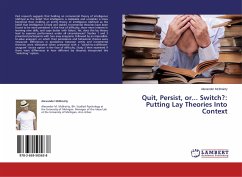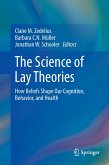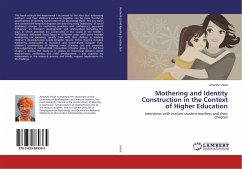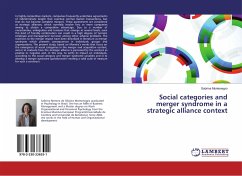Past research suggests that holding an incremental theory of intelligence (defined as the belief that intelligence is malleable and unstable) is more beneficial than holding an entity theory of intelligence (defined as the belief that intelligence is fixed and stable). Incremental theorists have been found to be more persistent in the face of difficulty, show more interest in learning new skills, and cope better with failure. Yet, does this lay theory lead to superior performance under all circumstances? Studies 1 and 2 presented participants with two easy anagrams, followed by an impossible-to-solve anagram, on which their persistence and behavioral choices were measured. Differences in persistence between entity and incremental theorists were eliminated when presented with a switch-to-a-different-anagram choice option in the face of difficulty. Study 3 then examined if there were differences in how different lay theorists interpreted this switching option.
Bitte wählen Sie Ihr Anliegen aus.
Rechnungen
Retourenschein anfordern
Bestellstatus
Storno








